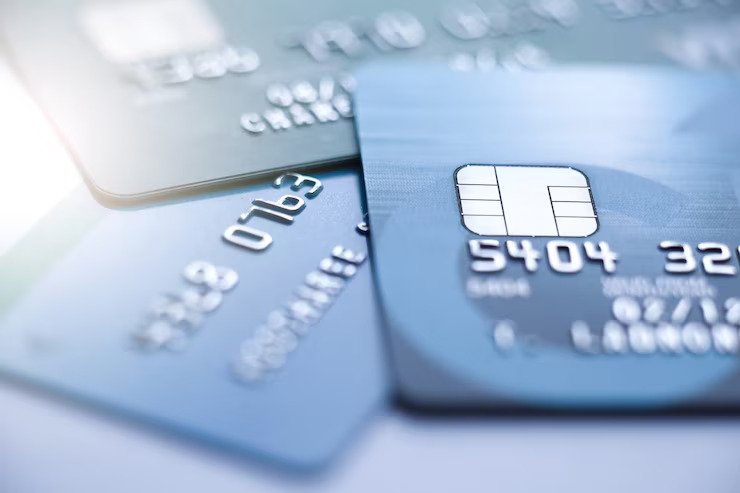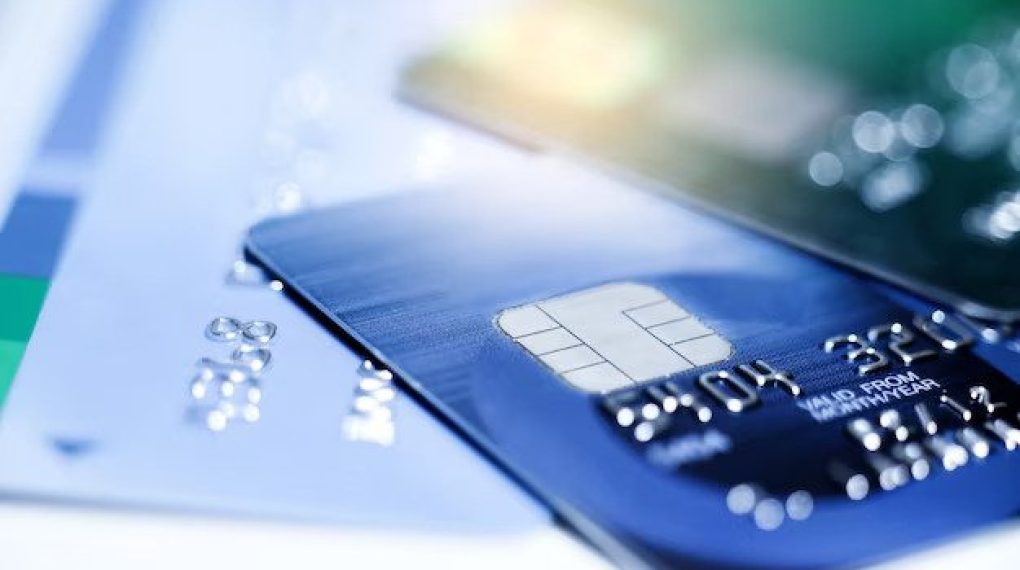
MasterCard dispute management is an essential process that facilitates the resolution of conflicts between MasterCard cardholders and merchants.
In this comprehensive guide, we will delve into the intricacies of MasterCard dispute management, providing valuable insights into the key processes, best practices, the significance of chargebacks, and tips for effective dispute resolution.
By understanding these aspects and mastering dispute resolution techniques, both merchants and cardholders can effectively navigate the complex landscape of payment disputes and ensure fair outcomes.
Understanding MasterCard Disputes
In this section, we understand some of the core Mastercard disputes in a detailed manner.
What Are Mastercard Disputes?
MasterCard disputes occur when cardholders encounter transaction issues, such as unauthorized charges, billing errors, or dissatisfaction with products or services.
In such cases, cardholders have the right to initiate a dispute and seek resolution from their card issuer.
The Importance Of Effective Dispute Management
Efficient MasterCard dispute management is of utmost importance for both cardholders and merchants. It provides cardholders with protection against unauthorized charges and ensures fair resolution when facing payment-related issues.
Merchants, on the other hand, benefit from streamlined processes, reduced chargeback ratios, and improved customer relationships.
The MasterCard Dispute Process
This section covers some steps discussing the master card dispute processes.
Step 1: Cardholder Identifies The Discrepancy
The dispute process commences when a cardholder identifies an issue with a particular transaction. This discrepancy could be a result of unauthorized charges, incorrect billing amounts, or dissatisfaction with the received goods or services.
Step 2: Cardholder Contacts The Issuing Bank
Upon identifying a dispute, the cardholder must promptly contact their issuing bank to initiate the resolution process. Contact information for the bank can usually be found on the back of the MasterCard or through the bank’s customer support channels.
Step 3: Issuing Bank Investigates The Dispute
Once the issuing bank receives a dispute request, they initiate an investigation into the matter. They gather relevant information from the cardholder, such as transaction receipts, account statements, and any supporting documentation related to the dispute.
Step 4: Issuing Bank Notifies The Acquiring Bank
After completing their investigation, the issuing bank notifies the acquiring bank, which represents the merchant. They share the details of the dispute and provide an opportunity for the acquiring bank to respond and provide evidence in support of the transaction.
Step 5: Acquiring Bank Responds To The Dispute
Upon receiving notification of the dispute, the acquiring bank evaluates the information provided by the issuing bank. Based on their assessment, they can either accept the dispute or contest it by providing evidence that the transaction was valid and authorized.
Step 6: Resolution And Final Decision
In this final step, the issuing bank reviews the evidence presented by both parties and resolves.
If the dispute is found in favor of the cardholder, a chargeback may be issued, resulting in the cardholder receiving a refund. If the dispute is rejected, the cardholder is notified, and further action can be pursued if deemed necessary.
Best Practices for Effective Dispute Management
Best practices for effective dispute management find discussed in the part of the article. So let’s try to understand it all here.

1. Establish Clear Communication Channels
To ensure effective dispute management, it is essential to establish clear communication channels with cardholders. Provide easily accessible contact information and ensure that customer support representatives are well-trained in handling dispute inquiries promptly and efficiently.
2. Maintain Transparent Billing And Descriptions
Transparent billing statements and transaction descriptions are vital in minimizing confusion and disputes arising from unrecognized charges. Clear and accurate information helps cardholders easily identify and understand their transactions.
3. Document Transactions Timely
Maintaining comprehensive documentation of transactions, including receipts, invoices, and other relevant information, is crucial. These records serve as valuable evidence during the dispute resolution process, aiding in swift and fair resolutions.
4. Implement Proactive Fraud Detection And Prevention Measures
Robust fraud detection systems and mechanisms should be implemented to identify and prevent fraudulent transactions. Proactive monitoring for suspicious activities can significantly reduce the occurrence of disputes and protect both cardholders and merchants.
5. Regular Monitoring And Analysis
Regularly monitoring and analyzing transaction data can help identify patterns or trends that may indicate potential disputes. Proactive measures taken to address these issues can mitigate their impact and improve overall dispute management.
The Significance Of Chargebacks
Chargebacks have their own significance; hence, a discussion is pertinent in this context.
What Are Chargebacks?
Chargebacks play a pivotal role in the MasterCard dispute management process. A chargeback occurs when a cardholder finds itself in transaction disputes, and the issuing bank initiates a refund by reversing the payment.
Chargebacks act as a consumer protection mechanism, safeguarding cardholders from unauthorized or fraudulent charges.
Implications For Merchants
Chargebacks can have significant implications for merchants. Excessive MasterCard chargebacks result in financial losses and damaged reputation. It can even lead result n the termination of merchant accounts. Therefore, it is crucial for merchants to diligently manage disputes, strive for fair resolutions, and employ best practices to minimize chargebacks.
Final Thoughts
MasterCard dispute management is a vital process for resolving conflicts between cardholders and merchants.
By understanding the intricacies of the dispute resolution process, implementing best practices, effectively managing chargebacks, and striving for fair resolutions, both merchants and cardholders can navigate payment-related issues with confidence and achieve satisfactory outcomes.
In the ever-evolving landscape of financial transactions, staying informed, adapting to changes, and prioritizing effective dispute management are key to success in 2023 and beyond.
Read Also






